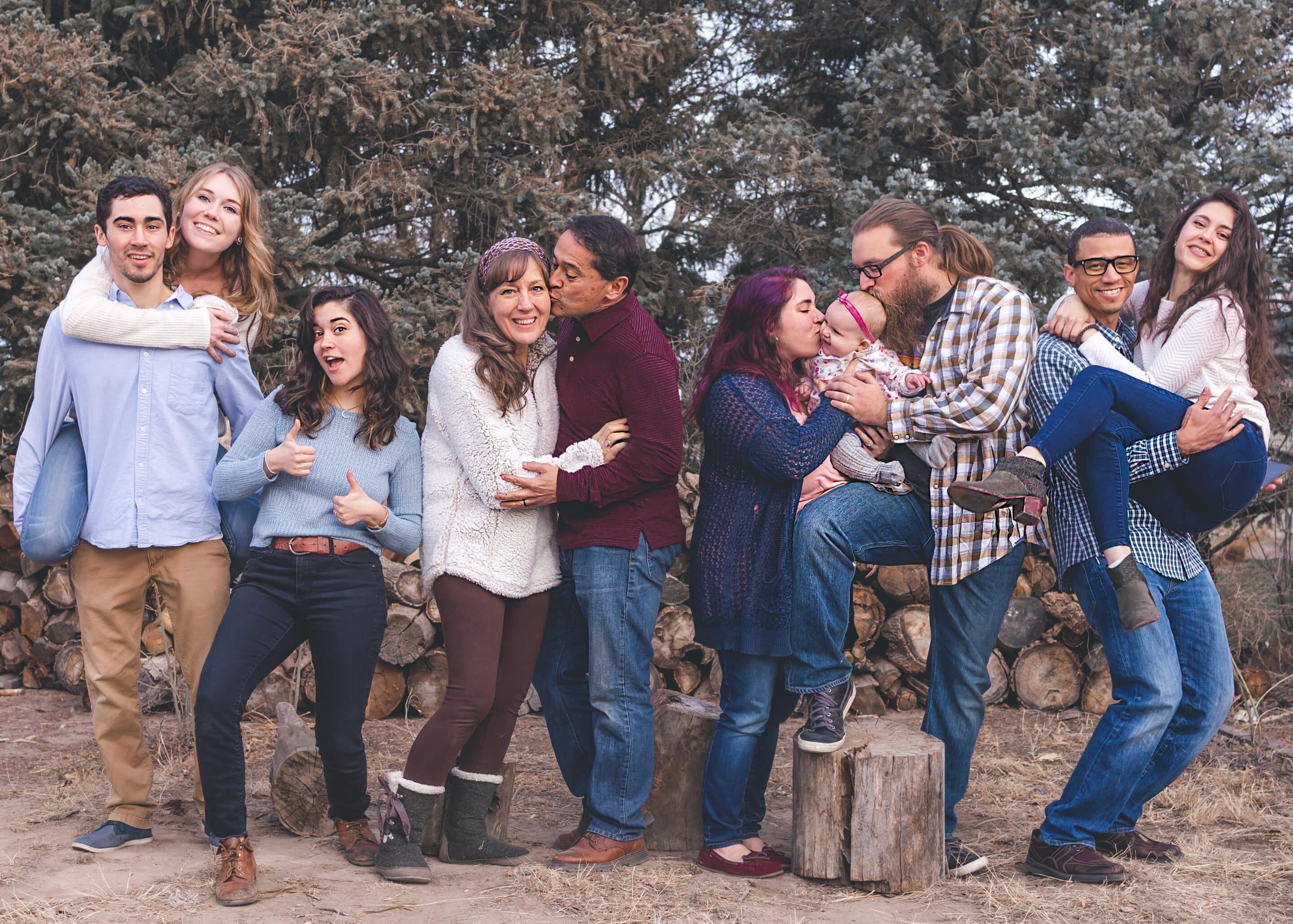- Home
- About Us
- Intervention Services
- Alcohol Abuse Interventions
- Drug Interventions
- Cocaine Intervention
- Heroin Intervention
- Ketamine Addiction
- Meth Intervention
- Opioid Intervention
- Dual Diagnosis Interventions
- OCD Interventions
- Intervention Services By Type
- ARISE® Intervention
- Crisis Interventions
- Interventions For Executives
- Interventions for Teens
- Mental Health Interventions
- The Johnson Model Intervention
- Resources
- Service Areas
- Contact







